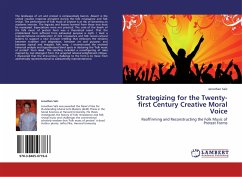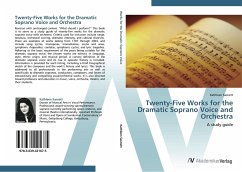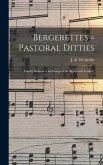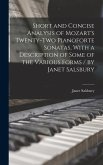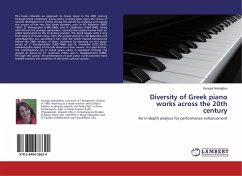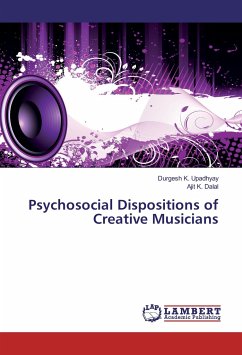The landscape of art and protest is comparatively barren. Absent is the united creative response prevalent during the folk renaissance and folk revival. The performance of folk music of protest is at risk of becoming an academic exercise. The legacies and lessons learned from those eras must be reassessed. Expectations were not practical. The crisis of the death of the folk music of protest form was a theoretical event. That the problemized form suffered from exhausted purpose is myth. I took a representational consideration of folk renaissance and folk revival cultural leaders to support a new inclusive retelling that embraces the tensions between tradition and adaptation, between art and purpose, and between topical and imagistic folk song. I reconstructed the received historical analysis and hypothesized blind spots in declaring the "folk music of protest" form dead. This retelling included a reconfiguring of roles inspired by, but divergent from, the accepted rational enlightened critique. I discovered that the 21st-century challenge to the form is to move from aesthetically representational to substantively representational.

